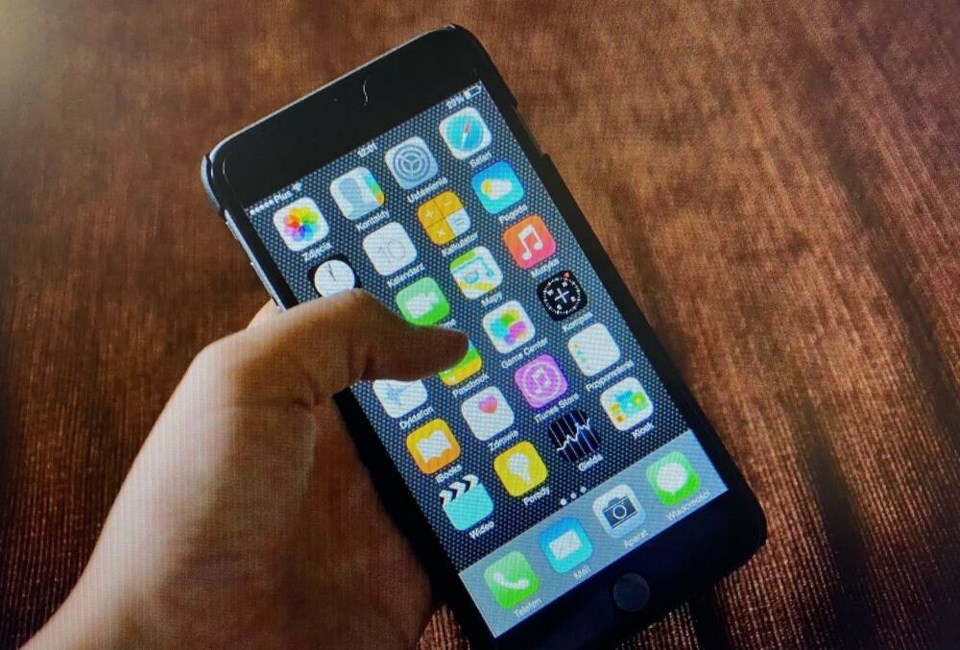Delta Police have had to deal with fewer pocket dialers lately.
A recent report to the Delta Police Board on calls for service responded by police notes that, historically, the numbers have been relatively stable, with minor fluctuations, averaging around 27,000 calls annually.
However, beginning in December 2023, the calls for service showed a significant decrease of about 20 per cent.
The report notes that decrease is largely attributed to updated standard operating procedures at E-Comm for handling abandoned or false 911 calls from cell phones, such as accidental pocket dials and inadvertent activations of the emergency SOS feature.
The revised procedures that were developed for efficiencies are now in alignment with those of other police departments in the Lower Mainland.
In the past, E-Comm dispatched DPD officers to all false or abandoned 911 calls from cell phones and the officers conducted necessary follow-ups to verify the accidental nature of calls, putting a strain on police resources.
The revised standard operating procedures enable E-Comm call takers to critically assess such calls from cell phones, ensuring that DPD officers are dispatched where necessary, and when a 911 call from a cell phone is determined to be false or abandoned, dispatchers are responsible for verifying the call’s authenticity, confirming the caller’s safety, and ascertaining that there is no emergency.
Recent data shows that officers are now attending to approximately 80 fewer abandoned or false 911 calls received by E-Comm, focusing on incidents where a police response is justified based, Police Chief Neil Dubord told the board.
He noted upcoming statistics showing fewer calls for service won’t mean there are fewer calls for real service and that police will have additional time to do more proactive policing.
Dubord assured, “We are heavily engaged and certainly responding in the normal manner that we would respond to.”




